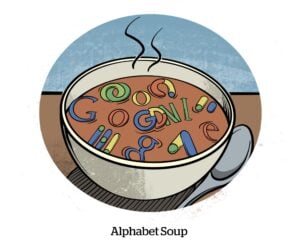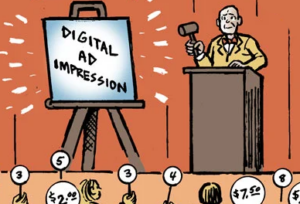The Privacy Sandbox proposals are moving forward in an organization whose governance is in a slow-motion crash and whose leadership is disengaged.
The clock is ticking before the W3C, the web’s technical standards body, finds a new backer to replace MIT, which, at the end of the year, will no longer be host and administrator in the US. No solution is in sight, as our senior editor, James Hercher, reported this week.
On this week’s episode, we bring on someone familiar with the W3C’s inner workings, IAB Tech Lab advisor Alex Cone.
Getting your bearings in the W3C was a challenge, he recalls of when he first joined in 2019: “Disorienting is a pretty good word, in the sense of finding where to engage and where things move forward, versus where was the circus and where things just went to die, took me awhile.”
The W3C’s structure requires that its director, Tim Berners-Lee, sign off on every standard stamped by the organization. But Berners-Lee has been disengaged and in some cases doesn’t support consensus decisions being made by crypto or advertising working groups.
“I watched as people have been frustrated with his having sort of stepped away,” Cone said.
Later in the episode, we autopsy FLoC, Google’s cohort-based W3C advertising proposal, which raced out of the gate before running into privacy challenges.
“It feels a lot like the browser is becoming a data broker,” Cone said. “FLoC felt that way. And Topics now feels that way.”
Measurement use cases have a better chance to move forward within the W3C than proposals that center on ad targeting.
As advertising members swarm into the W3C, Cone cautions that putting audience creation and attribution into the browser not only changes the commercial nature of a browser.
“One of the dangers here is we put too much in the browser,” Cone said. “We’ve made browser engineers ad tech product managers.”














